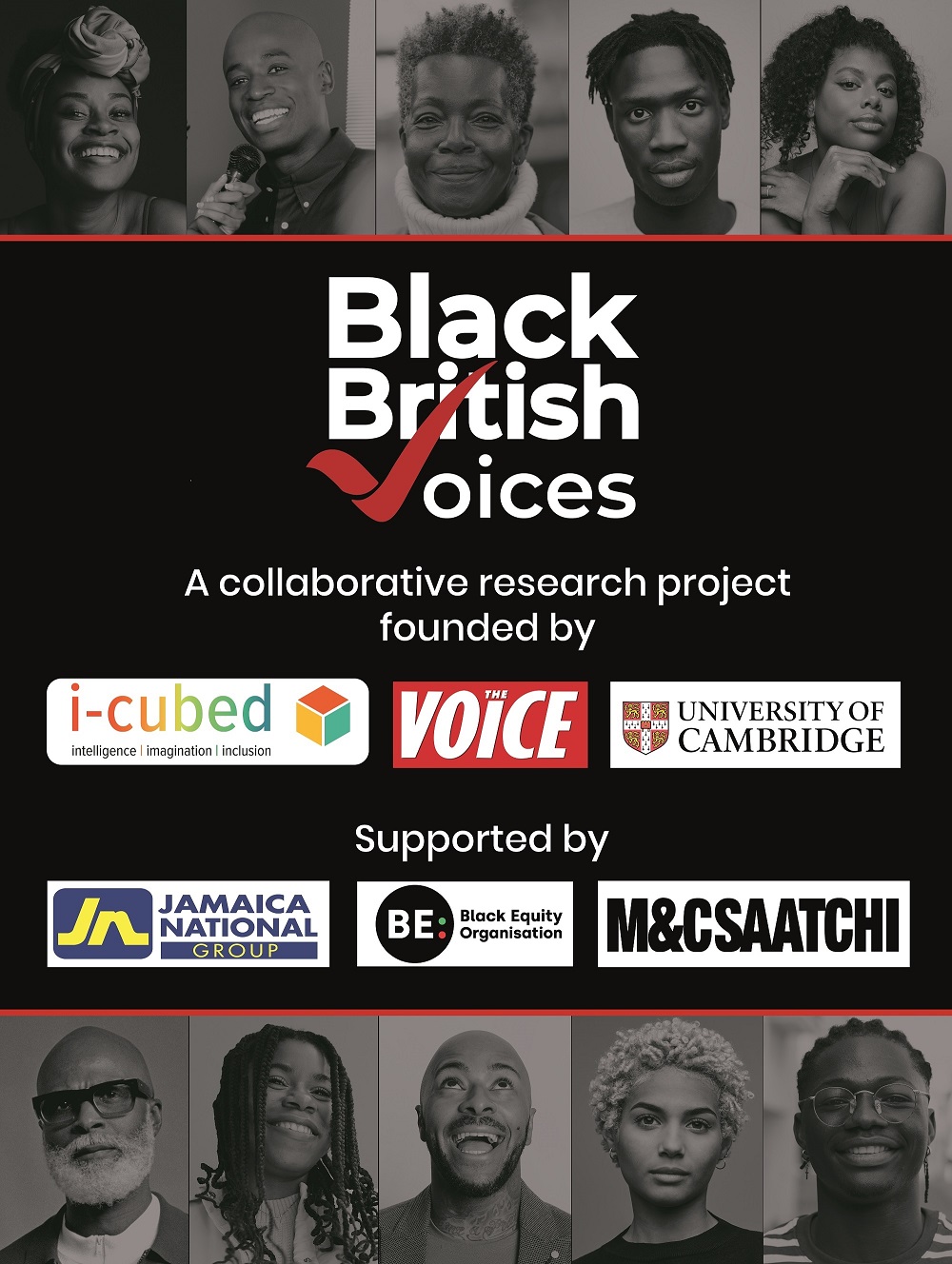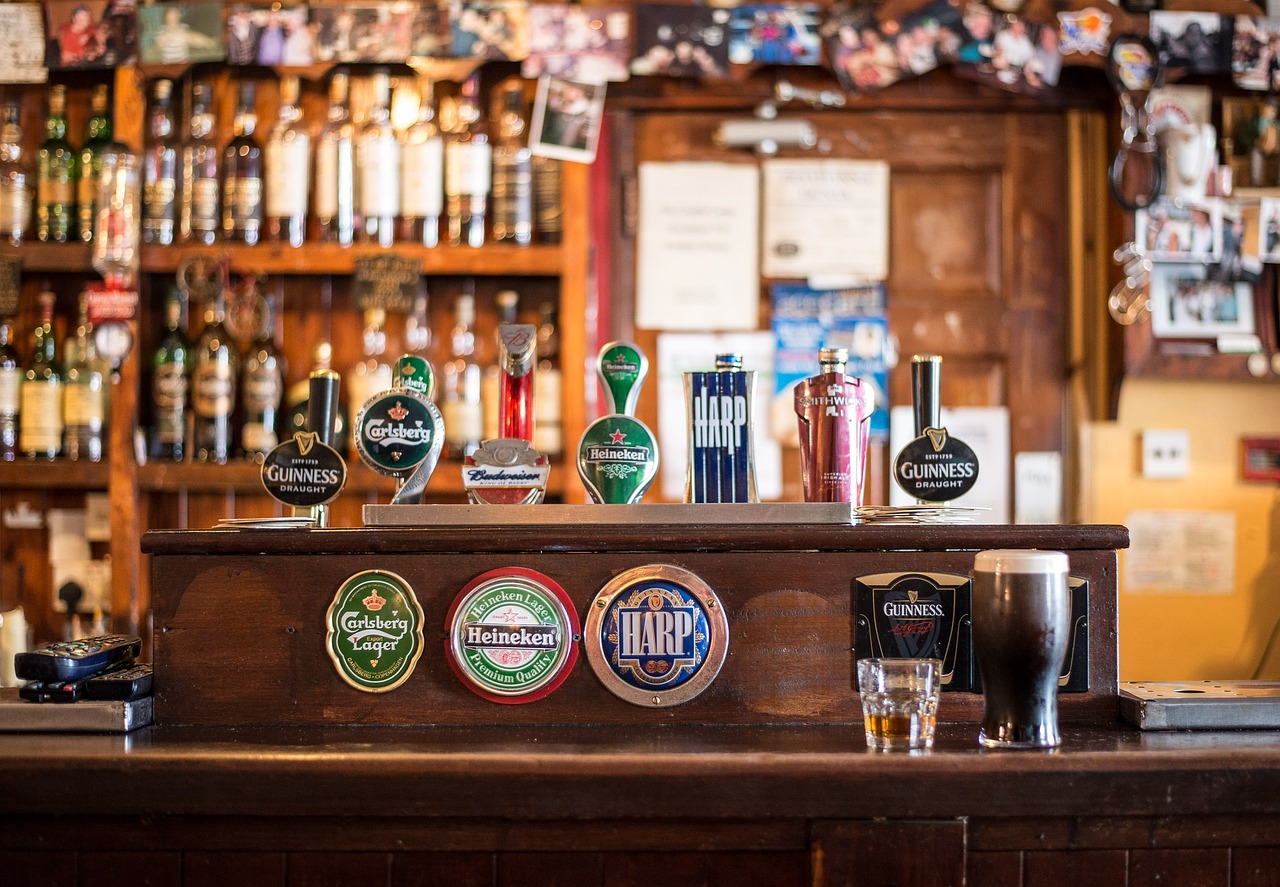A groundbreaking study, the largest of its kind, focusing on Black British individuals, has uncovered striking insights into their sense of identity and belonging. The Black British Voices Research project, a collaboration between the University of Cambridge, The Voice Newspaper, and I-Cubed, conducted a comprehensive survey involving over 10,000 Black Britons across sixteen areas, including Britishness, Identity, and Racism.
The study’s most significant finding is that just one in ten Black Britons, or 12%, express being ‘definitely proud’ to be British. In contrast, less than half of respondents, a mere 49%, declared that they were ‘definitely’ or ‘somewhat’ proud to identify as British. Moreover, a staggering 39% of young Black Britons did not consider Britain as their ‘permanent’ home.
The research delved into various aspects of Black British lives, and one stark revelation was that 98% of respondents felt compelled to compromise their true selves or how they expressed themselves to fit into the workplace. This compromise extended to adapting hairstyles and appearances, with many attributing a lack of promotion or developmental opportunities to their appearance or cultural background.
The study’s findings underscore the enduring impact of systemic racism on the Black community’s sense of belonging, despite a significant Black population in Britain since 1948 when the Empire Windrush arrived. This echoes the persistent inequalities faced by Black communities since the 1940s and 50s, emphasizing that challenges from the Windrush era continue to affect these communities today.
The experiences shared by participants in focus groups shed light on the ongoing challenges. One 24-year-old female participant lamented, “When I was younger, I believed I would have options. I don’t feel like that anymore as I don’t fit in anywhere.”
Lester Holloway, Editor of The Voice Newspaper, commented on the study’s implications, saying, “This study should be a wake-up call for Britain. We have many fourth-generation Black Brits, and, as a community, we should feel part of this country. Yet the lived experience of racism in every area of life is leading many to not feel British. We cannot keep ignoring racial disparities and its impact. There needs to be a national conversation about this, and we need race back on the political agenda, so we can tackle the causes of this disconnect between Black Brits and the only country they know.”
Dr. Kenny Monrose, the lead researcher at Cambridge University for this project, emphasized the reliability of the data and the chronic racial disparities and unequal outcomes faced by Black communities daily.
Other significant findings from the study include:
- 80% believed racial discrimination was the biggest barrier to academic achievement.
- Only 8% had trust in the education system.
- A significant 95% believed Black people were not sufficiently represented in the national curriculum.
- 90% of young people expected to experience racial prejudice as adults.
- Race was deemed more important to identity than religion (51% versus 7%).
These findings solidify the widely held consensus within Black communities that there is a pressing need to address and eradicate the deep-seated sources of anti-Black racism in the UK.
Dr. Maggie Semple, OBE, Co-Founder of I Cubed Consultancy, commented on the survey’s overwhelming response, emphasizing the demand for change and impactful long-term solutions to address the lived realities of Black people in the UK.
The comprehensive 104-page report will be officially launched at the House of Commons on Thursday, September 28, at 11:30 am.






